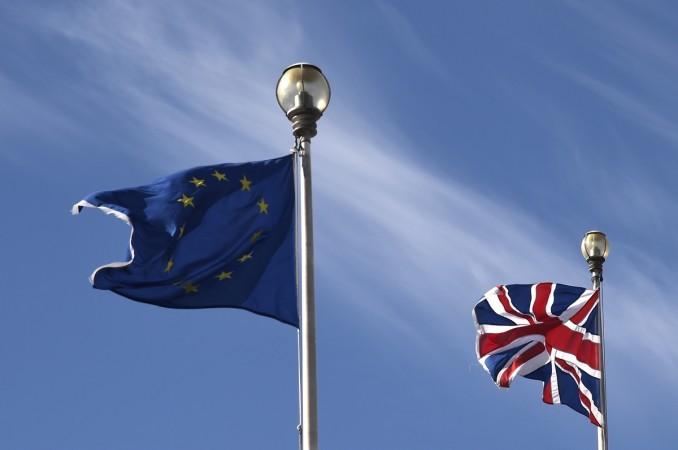
United Kingdom's exit from the European Union would have a lot of implications, one being it could open up opportunities for India, a report by the State Bank of India suggests. For India, negotiating with Britain will become easier when it is not part of the EU.
"U.K. has an expertise in cyber security and its military technology is still competitive. This can become the point of convergence under Make in India. Hence, the U.K. may very well be compensated for the loss of market in EU by gains in India," SK Ghosh, chief economic adviser at SBI, was quoted as saying by the Economic Times.
Although it is difficult to estimate whether Britain's exit from the EU (also known as Brexit) would result in losses or gains for the British economy, Indian Prime Minister Narendra Modi during a recent visit to the country had said that the U.K. would continue to be the "gateway" to bilateral ties for India and could create opportunities for the country, ET added.
In addition, the SBI report suggests that in case the U.K. leaves the EU, then India would not be obliged to abide by the free trade agreement (FTA). As many as 42 FTAs signed by India so far have resulted in more imports than exports for the Indian economy.
The U.K. has been on the lookout for attracting Foreign Direct Investment from emerging economies, which includes India. Voting to leave the EU would result in a fall in FDI in the long run. Being a member of the EU results in benefits such as tariff-free trade with 28 European nations, which it will lose if it leaves the EU, Gateway House, a Mumbai-based think tank, had said in its report last year.
Indian investors could perhaps reap benefits of lower regulations and hence get more access than they currently have. The United Kingdom will vote on a referendum on whether or not to exit the EU on June 23, 2016.
















